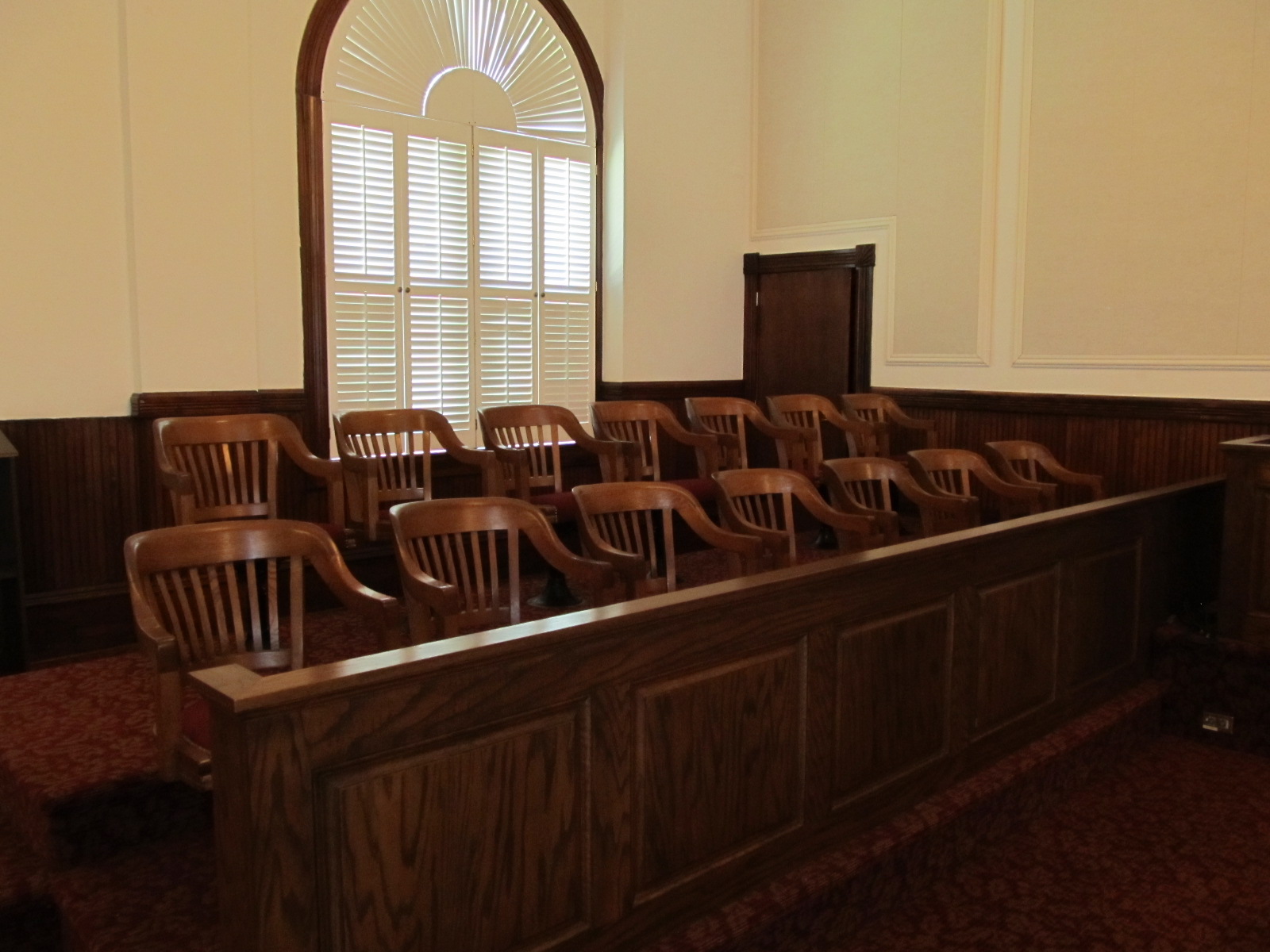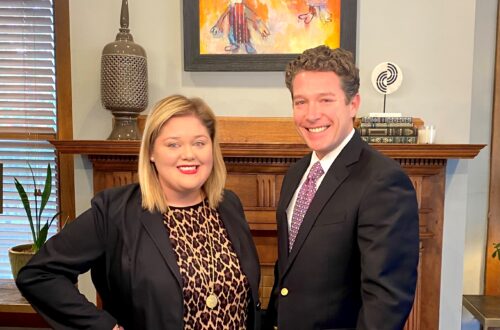 The law distinguishes between typewritten wills, typically prepared by an attorney, and those which are handwritten by oneself. Handwritten wills, known as holographic wills, must meet the statutory requirements set forth by N.C Gen. Stat. S 31-3.4 (2015). These requirements include: (1) the will must be written entirely by hand by the testator; (2) must be subscribed by the testator; and (3) must be found among the testator’s valuable papers or effects.
The law distinguishes between typewritten wills, typically prepared by an attorney, and those which are handwritten by oneself. Handwritten wills, known as holographic wills, must meet the statutory requirements set forth by N.C Gen. Stat. S 31-3.4 (2015). These requirements include: (1) the will must be written entirely by hand by the testator; (2) must be subscribed by the testator; and (3) must be found among the testator’s valuable papers or effects.
In some cases after a will is drafted, whether by hand or typewritten, the testator my wish to make modifications. An addition or supplement that explains, modifies, or revokes a will, or part of a will, is a codicil. Codicils must also follow the statutory requirements set forth by North Carolina law.
In a recent Forsyth County, North Carolina case, a proposed holographic codicil to a typewriter written will was in dispute.[1] Marguerite Traverse Hendrix passed on June 7, 2016 leaving behind a will dated September 1, 2011. However the caveators3 found a modified copy of the will containing handwritten notations which revoking and/or revised some provisions of the original will. They asserted the handwritten notations constituted a valid holographic codicil which should be given full force and effect by the court.
As an initial matter the will propounder4, Brenner Children’s Hospital, moved to dismiss the caveators’ claims, alleging caveat actions must be heard by a jury for resolution. The Court of Appeals found that Rule 12(b)(6) motions are not exclusive to district and superior court actions, but applicable to caveat proceedings as well; there is no absolute requirement for a jury decision regarding all caveat issues.
Unfortunately for the caveators, the proposed holographic codicil did not follow North Carolina statutory requirements. North Carolina law requires holographic codicils to stand alone; i.e., one must be able to derive the Testator’s intent from the codicil, without referencing to the original will for context.[2] The handwritten notes by Ms. Hendrix were insufficient on their own, requiring the reader to reference the original, typewritten will to determine their meaning. The Court of Appeals therefore affirmed the trial court’s order, giving full force and effect to the September 2011 typewritten will, determining the handwritten notations did not constitute a holographic codicil.
If you have questions regarding a will or other legal issues, please call us at (704) 457-1010 to schedule a consultation. For more information regarding our firm, attorneys, and practice areas, please visit https://lindleylawoffice.com/.


